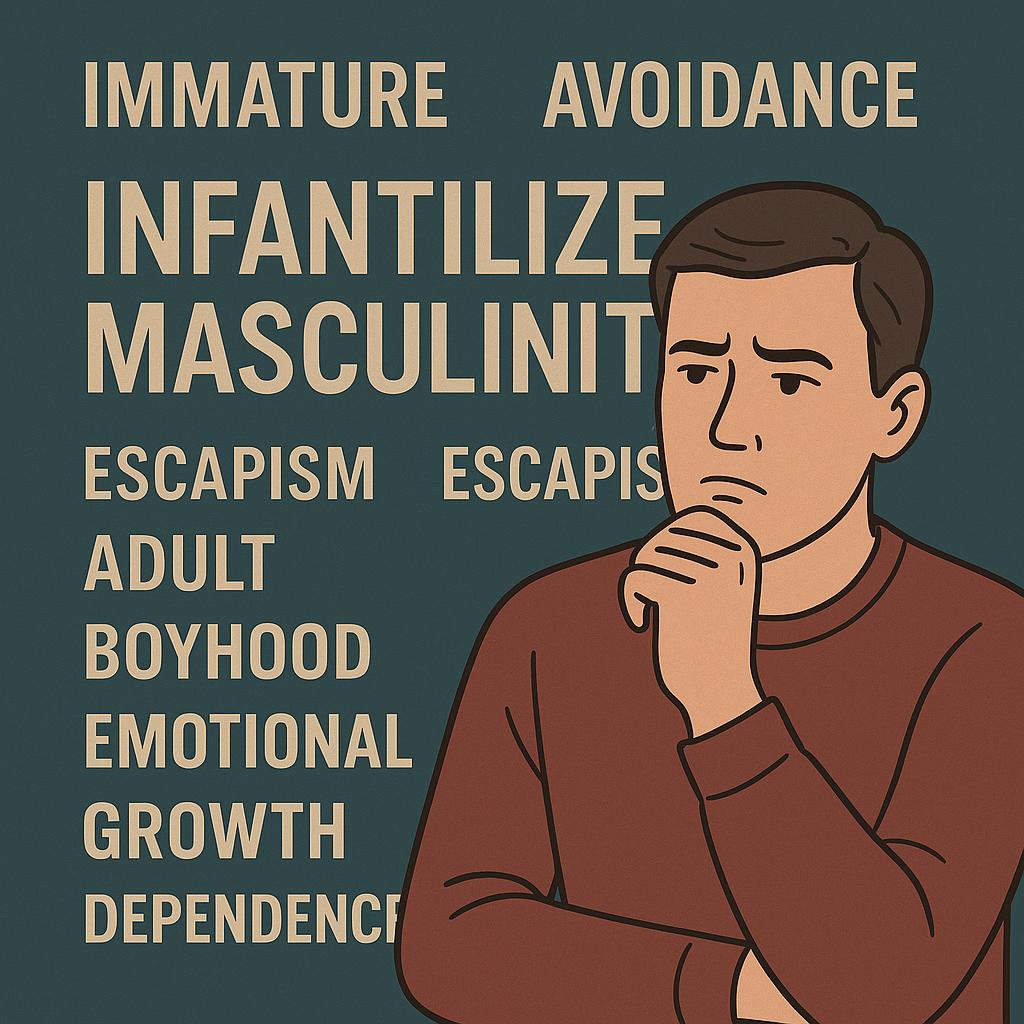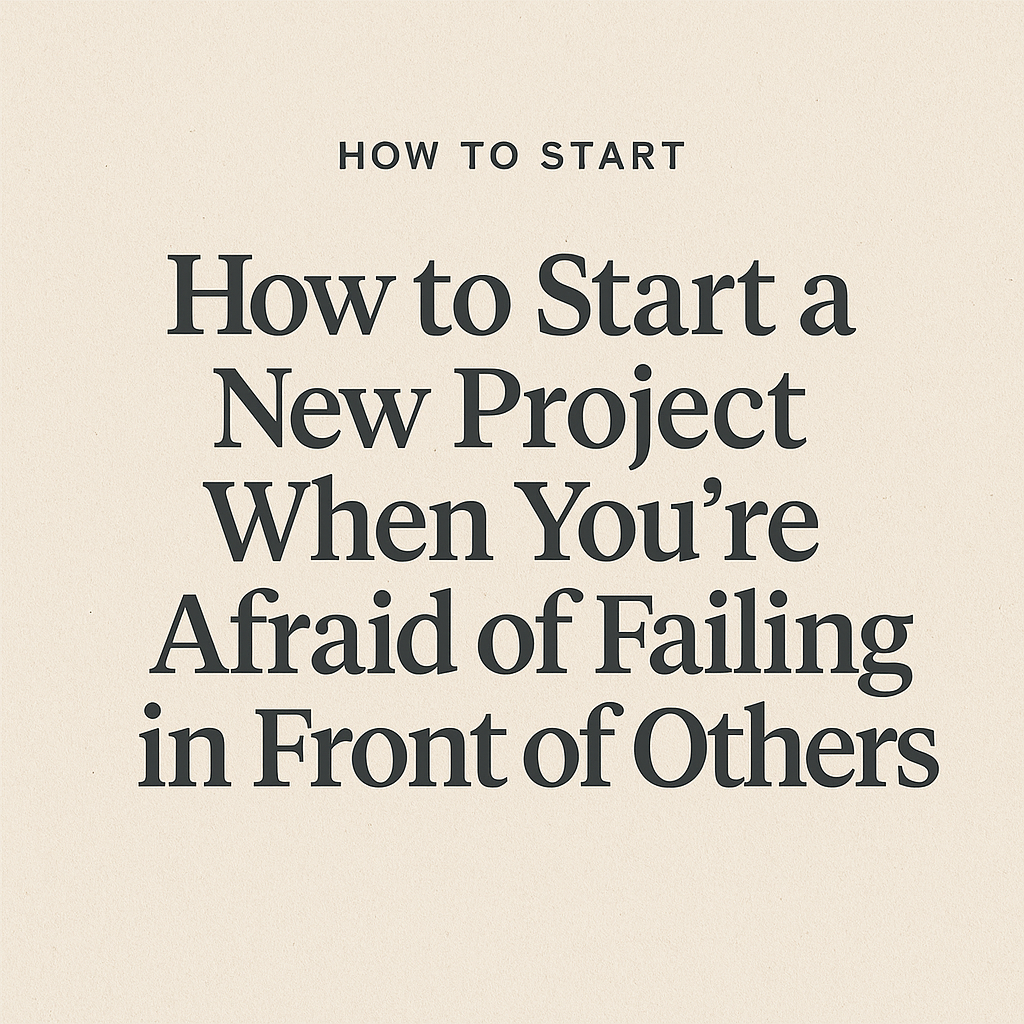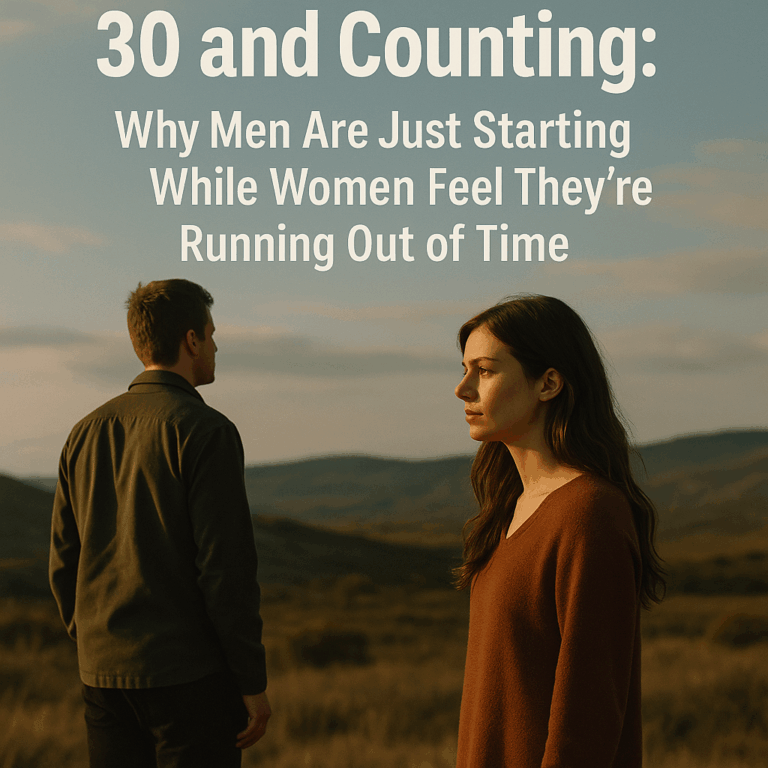Infantilized Masculinity: Why Are Grown Men Struggling to Grow Up?
Published: May 2025
There’s a quiet crisis unfolding in the lives of many men today — not just in the obvious areas like stress, career burnout, or emotional isolation. It’s subtler. Harder to name. But it’s showing up everywhere: in relationships, in mental health struggles, in the way many adult men relate to themselves and the world.
It’s called infantilized masculinity — a phenomenon where adult men, emotionally or behaviorally, remain stuck in patterns of boyhood. Whether it’s a chronic fear of commitment, an obsession with gaming and pop culture, or an avoidance of responsibility masked by jokes and sarcasm, the effects are real — and growing.
What Is Infantilized Masculinity?
Infantilized masculinity refers to the state in which men, despite being adults in age and body, exhibit behaviors, emotional patterns, and relational habits more aligned with childhood or adolescence. This doesn’t mean men shouldn’t enjoy fun, games, or humor — but when these become escape routes from maturity, they can stunt emotional development.
Examples include:
- Fear of adult responsibilities (commitment, fatherhood, finances)
- Emotional dependence on parents or partners
- Difficulty maintaining deep male friendships
- Reluctance to engage in emotional self-awareness
- Escapism through gaming, porn, or excessive entertainment
This isn’t a judgment. It’s a lens — one that invites us to look closer at what’s going on beneath the surface.
How Did We Get Here?
Infantilization didn’t just appear overnight. It’s the product of deeper shifts in society, culture, and family systems — especially in countries like the U.S., Canada, and Australia.
1. The Collapse of Traditional Male Roles
For generations, men were expected to be providers, protectors, and leaders. While these roles had their flaws, they also gave men structure, community, and purpose. In today’s world, many of those scripts are gone — but new ones haven’t replaced them. What does it mean to be a man in a world that no longer needs (or values) the “traditional man”? That confusion leads some to retreat into comfort zones.
2. Overprotection in Childhood
Many boys today are raised with limited exposure to risk, responsibility, or failure. Parents, often out of love and fear, cushion them from the challenges that build resilience. The result? A generation of young men with fragile self-esteem and low emotional regulation.
3. Lack of Male Role Models
Divorce rates, fatherlessness, and the emotional absence of men have left a vacuum. Boys grow up without witnessing emotional maturity in action. Who teaches them how to handle sadness, conflict, or stress without shutting down or lashing out?
4. Cultural Reinforcement of the “Man-Child”
From Hollywood to social media, the “man-child” archetype is everywhere — goofy, immature, irresponsible, but somehow lovable. Think of sitcom characters who are adult men but act like teenagers. These portrayals can normalize — even glamorize — emotional immaturity.
5. The Rise of Comfort-Addicted Lifestyles
Apps deliver food. Entertainment is endless. Pain is avoided at all costs. Many men haven’t been asked — or pushed — to develop grit, endurance, or self-leadership. Comfort becomes king. But maturity requires discomfort.
But Wait — Isn’t This Just a Personality Type?
Not quite. Infantilization isn’t about personal preference. It’s about the inability to fully engage with adult life — emotionally, relationally, and sometimes financially. It affects self-worth, relationships, career potential, and mental health.
Many men feel this silently. They know they should “be doing more,” but something inside feels stuck — like they’re running in place emotionally, unable to shift gears.
The Hidden Pain Behind It
Behind many infantilized men is a deep pain:
- A sense of inadequacy
- Shame over their perceived failure to “be a man”
- Loneliness masked by humor or sarcasm
- Fear of judgment or rejection
This pain is rarely expressed. Most men haven’t been taught how to talk about it. Vulnerability still feels like weakness. So they double down on distraction, performance, or withdrawal.
What Real Maturity Looks Like (It’s Not About Age)
Emotional maturity is not about being serious all the time. It’s not about giving up what brings you joy. It’s about growing into a version of yourself that can handle life with integrity, honesty, and strength. That means:
- Taking responsibility for your emotions
- Setting boundaries in relationships
- Committing to things that matter (even if they’re hard)
- Showing up for others, not just yourself
- Facing fear instead of avoiding it
Maturity is presence. It’s action. It’s not needing to prove your masculinity because it’s embodied in how you live.
How to Break Free from Infantilized Masculinity
Here are practical steps to start the shift:
1. Identify Your Escape Habits
Notice where you run when things get hard. Is it porn? YouTube rabbit holes? Games? Food? These aren’t inherently bad — but when they’re tools for avoidance, they rob you of growth.
2. Reconnect with Other Men
Isolation feeds infantilization. Find spaces where men talk with honesty — not just sports or politics, but real life. Brotherhood is essential for healthy masculinity.
3. Rebuild Discipline
Make commitments. Keep them. Start small — workouts, cold showers, journaling, walking without your phone. Each act of self-discipline is a vote for the man you want to become.
4. Face What You Avoid
That conversation you’ve been dodging? That financial responsibility you keep pushing off? Go toward it. Growth begins where avoidance ends.
5. Seek Guidance
Therapists, coaches, mentors — you don’t have to figure it out alone. Strong men ask for help.
FAQs: Infantilized Masculinity
Is it wrong to enjoy games, comics, or action figures as an adult?
No — enjoyment isn’t the issue. The key question is whether those interests are enriching your life or being used to avoid reality.
How do I know if I’ve been emotionally infantilized?
Look at your patterns under stress. Do you avoid, lash out, or shut down? Are you relying on others to manage your emotions or decisions? These are signs of emotional underdevelopment.
Why does this seem to affect so many men today?
Our modern culture prioritizes comfort, avoids discomfort, and lacks strong rites of passage for boys becoming men. Many men were never shown what healthy masculinity looks like in action.
What’s one thing I can do today to grow?
Have one honest conversation — with yourself or someone else — about something you’ve been avoiding. Growth begins with truth.
Final Thoughts
Infantilized masculinity isn’t a flaw — it’s a wound. A symptom of unmet needs and uninitiated growth. But wounds can heal. And every man, regardless of his past, can step into his adult self with strength, clarity, and purpose.
If you’re reading this and recognizing pieces of yourself in these words — that’s not a reason for shame. That’s a moment of awakening.
The world needs men who are grounded. Brave. Emotionally mature. The kind of men who lead with heart, not bravado.
So the question isn’t, “What’s wrong with me?” but rather — “What kind of man do I choose to become now?”







